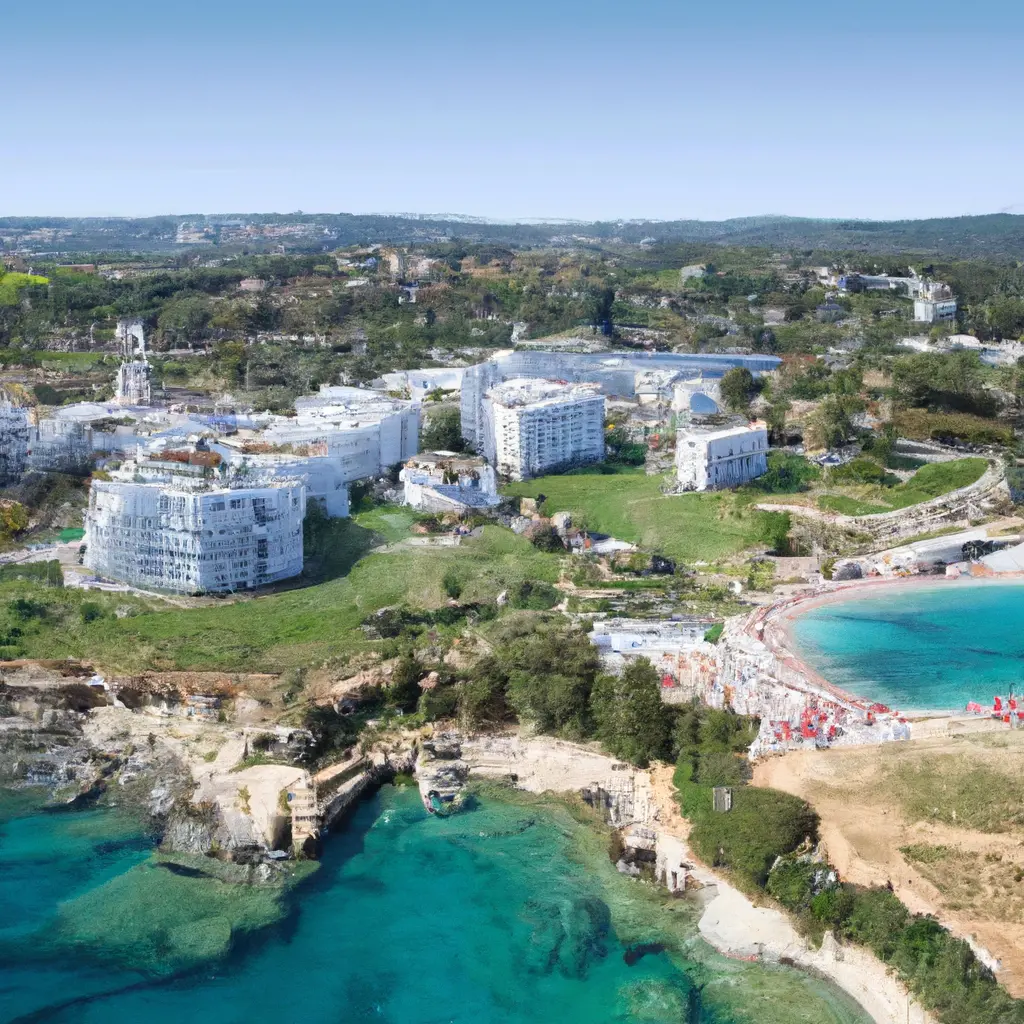Developing trends in the Cyprus real estate market

The year 2023 was the most active year for the Cypriot real estate market since 2008. This is evidenced by data from the State Registry, which analyzes the total number of properties sold in the first five months of each year. It also becomes clear that the Cypriot real estate market in 2023 was the most dependent on foreign investors since 2007. According to more precise data, foreign sales account for 46% of the total number of sales in 2023, compared to 43% in 2008. Continuing to analyze this data, it can be concluded that the percentage of foreign sales in the Cyprus real estate market in 2023 is the highest except in 2006 and 2007, when foreigners accounted for 49% and 53% respectively. These figures highlight the significant reliance on foreign buyers in the current market and emphasize the continued interest and activity of international buyers in the Cyprus property market.
According to the Central Bank of Cyprus, residential real estate prices in all regions of the country continue to rise. In particular, housing prices in Nicosia increased by 2.9%, in Limassol - by 7.1%, in Larnaca - by 3.3%, in Paphos - by 10.4%, and in Famagusta - by 4.2%. As for apartments, prices for them also increased significantly in all regions: by 4.3% in Nicosia, by 9.3% in Limassol, by 9.4% in Larnaca, by 8.6% in Paphos and by 5.1% in Famagusta. This significant price increase is mainly due to the policy of attracting foreign companies, which in 2022 attracted about a thousand companies from Russia, Israel, Ukraine, UK, Lebanon and Belarus.
Simultaneously with the increase in borrowing rates due to the increase in interest rates of the European Central Bank, this did not have a significant impact on the overall demand for real estate, but significantly affected the demand for new mortgage loans. According to the publication of the Monetary and Financial Statistics of the Central Bank of Cyprus, new mortgage loans in the fourth quarter of 2022 decreased by 25.2% year-on-year. Rising interest rates and construction costs are becoming discouraging factors for Cypriots considering a property purchase.
14 May 2025
14 May 2025
Foreign investment in the Cypriot real estate market has significant potential, but also carries certain risks. Foreign investment is characterized by volatility and is subject to many dynamic factors that are constantly changing. If foreign investment loses its momentum, there is a significant risk that prices will eventually stabilize or decline. Therefore, in order to assess the trajectory of prices, it is necessary to consider inflation, interest rates, economic growth (Cyprus, EU, US, UK) and whether foreign investment will continue to be stable in the Cyprus market. Based on the overall economic situation, the most likely scenario is that prices stabilize with a possible slight decrease (unlikely in the short term). However, a significant price decline on a large scale is unlikely in the medium to long term given the current economic conditions (barring major political events). Nevertheless, it is important to note that if inflation remains high and nominal prices remain stable for an extended period, "real" real estate prices will inevitably decline.
About the author:
Haralambos Pitros holds a PhD in Real Estate Economics and is a member of the Royal Institution of Chartered Surveyors (MRICS), the European Real Estate Society (ERES) and the Cyprus Chamber of Science and Technology (ETEK). He is a real estate lecturer at the American University of Cyprus (AUCY) and a real estate expert valuer at Zyprus Real Estate - valuers and real estate agents. All opinions expressed in this article are those of the author.
Comment
Popular Offers

Subscribe to the newsletter from Hatamatata.com!
Subscribe to the newsletter from Hatamatata.com!
I agree to the processing of personal data and confidentiality rules of Hatamatata














